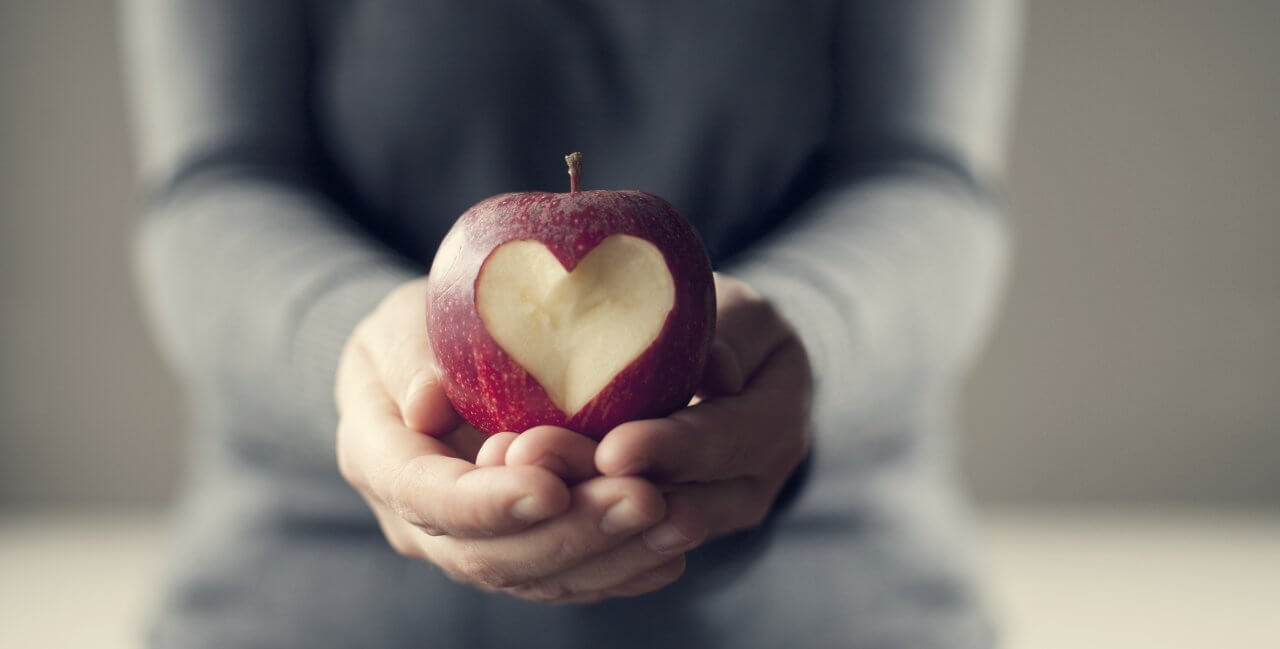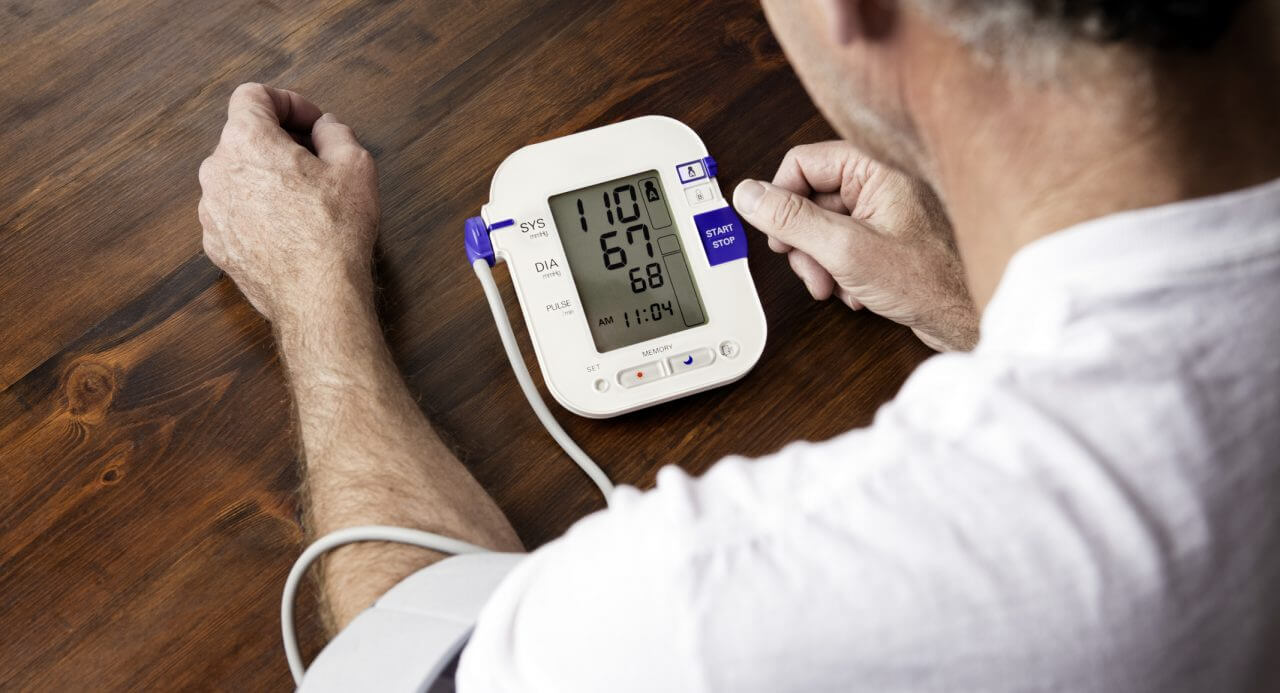How to Lower Your Blood Pressure

Blood pressure is the force with which your heart pumps blood through your body. It consists of two numbers, like 122/83 (spoken as “one twenty-two over eighty-three”).
The top number (122 in this example) is your systolic blood pressure. It’s the pressure when your heart is contracting. The bottom number (83) is the diastolic pressure as your heart relaxes and fills with blood to prepare for the next contraction.
Doctors consider blood pressure lower than 120/80 normal. A systolic pressure of 130 or higher or a diastolic of 80 or higher is considered high. High blood pressure can damage your arteries, decreasing the flow of blood and oxygen to your heart and causing heart disease. Untreated high blood pressure can also cause strokes, kidney damage, and other serious health problems.
In the middle ground between 120/79 and 130/79 is what’s called “elevated” blood pressure. If you have elevated blood pressure, you have an increased risk of developing high blood pressure and potentially needing medication to control it.
For people wondering how to lower blood pressure fast, there are no instant solutions. However, there are several actions you can take to lower elevated blood pressure over time without drugs.
10 Ways to Achieve and Maintain a Healthy Blood Pressure
Follow these 10 tips to lower your blood pressure or maintain a healthy reading:
- Get regular exercise. Exercise strengthens your heart and helps it use oxygen more efficiently. That means it doesn’t have to pump so hard to move blood through your vessels. Try to get at least 30 minutes of vigorous activity most days of the week. If you lead a sedentary lifestyle, be sure to talk with your doctor before starting an exercise program and increase the duration and intensity of your workouts gradually.
- Limit your alcohol consumption. Alcohol can elevate blood pressure even in otherwise healthy people. Men should limit the amount of alcohol consumed daily to two drinks and women to one drink. A “drink” is one 12-ounce beer, 5 ounces of wine, or 1.5 ounces of distilled spirits (whiskey, vodka, etc.).
- Achieve and maintain a healthy weight. Losing five pounds or more can help lower your blood pressure. It also reduces your risk of several other health problems like diabetes, some cancers, and liver disease. A healthy diet and regular exercise can help you lose weight.
- Limit your caffeine intake. Caffeine’s effect on blood pressure is temporary. Still, you should be aware of how much you consume and cut back if your doctor feels it may adversely affect your blood pressure.
- Consume less sodium and more potassium. Regarding blood pressure, some people are more affected by sodium (salt) than others. But most people can benefit from reducing their sodium intake (from canned soup, deli meats, chips, and most processed foods) and getting more potassium. Potassium, which is found in low-fat dairy, fish, bananas, oranges, avocados, potatoes, sweet potatoes, and greens, decreases the effects of sodium in your system and helps relax blood vessels. But be aware that it can be harmful when consumed in large quantities by people with kidney disease.
- Practice deep breathing. Relaxation and slow breathing decrease stress hormones in the blood that elevate renin, a kidney enzyme that increases blood pressure. Just five minutes of deep breathing in the morning and at night may help reduce your blood pressure. And if you can take five minutes several times a day, that’s even better!
- Talk to your doctor about excessive snoring. Snoring is common. But if you snore loudly and frequently, it may indicate obstructive sleep apnea. That condition can elevate your blood pressure, but there are treatments to address it.
- Try medicinal herbs. You should always talk with your doctor before consuming herbs since they may be harmful or affect the medications you take. However, research suggests that herbs like ginger root, green and oolong teas, sesame oil, and others may be a way to lower blood pressure naturally.
- Stop smoking. Smoking increases blood pressure and elevates your risk of heart disease, some cancers, and other serious health problems. Quitting isn’t easy, but it can significantly impact your blood pressure and overall health.
- Get regular checkups. It’s much easier to address elevated blood pressure than high blood pressure. See your doctor for an annual physical exam to ensure you catch blood pressure and other health problems when they are most treatable. And if your doctor determines you have high blood pressure and prescribes medication, be sure to take it as directed.
Manage Your Blood Pressure with Help from Baptist Health
Your Baptist Health primary care doctor is an excellent source of information and encouragement on blood pressure management. If you don’t yet have a Baptist Health physician, you can find one in our online provider directory.


